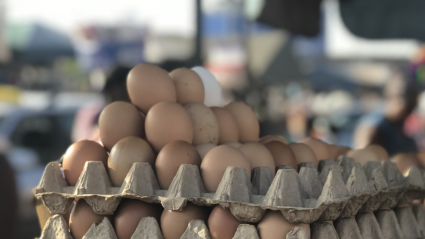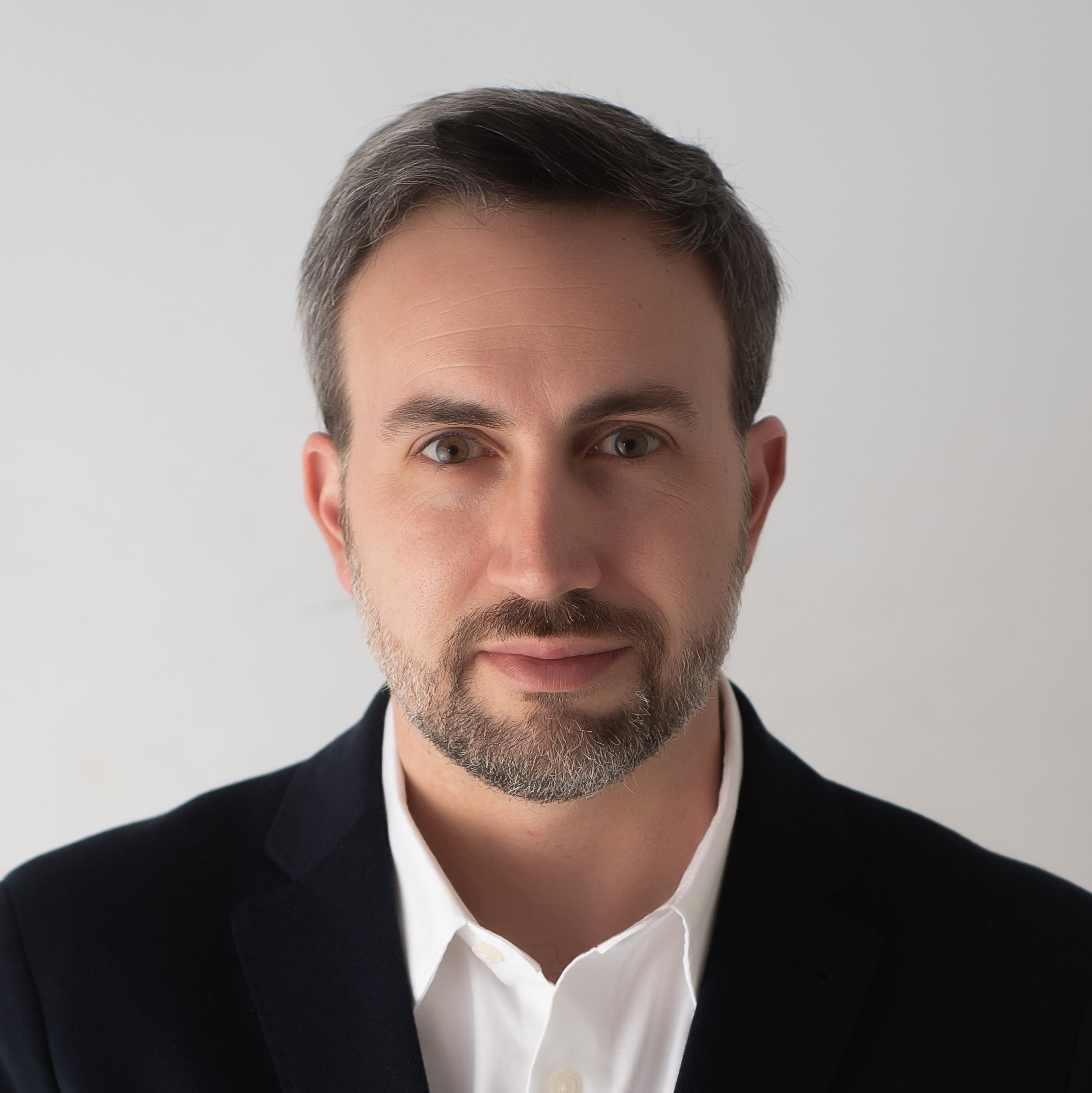
Key Takeaways
The following are a few of the main takeaways from COVID-19 Africa Watch’s conversation with K.Y. Amoako, Founder and President of the African Center for Economic Transformation (ACET):
-
In consultation with other institutions, ACET has proposed 10 policy priorities to enable African countries to rebound after the pandemic, while also maintaining momentum for economic transformation. These policies look at the immediate-, medium- and long-term, and fall within four main areas: domestic resource mobilization and management; governance effectiveness and transparency; business and investment environment; and digital innovation and entrepreneurship.
-
Beyond COVID-19, improving domestic resource mobilization, managing resources better (including sound public finance management and transparency), and supporting private sector investments will be critical to reaching an “Africa Beyond Aid.”
-
Regional economic integration will be necessary to Africa’s growth and economic transformation, and efforts in this direction have been disappointing to date. However, today the leadership and commitment of the African Union is very strong. The pandemic has provided even more impetus for pan-African efforts because countries are realizing that they cannot work alone – the Africa Medical Supplies Platform and the Africa CDC are examples of this. This bodes well for solidarity in the implementation of the African Continental Free Trade Agreement post-COVID-19.
-
With a number of general elections coming up in Africa in 2020, African leaders need to prioritize three things: the health and safety of the citizens; peaceful running of these elections; and building trust with the people, which is particularly crucial in times of crisis.
The interview was conducted by Adwoa Difie Boakye-Mensah, an IFC-Milken Institute Capital Market Scholar from the Ministry of Finance of Ghana. A transcript is available below.
See more from our Interview Series
Transcript
Interviewer
Hello. My name is Difie Boakye-Mensah. I work at the Ministry of Finance of Ghana, and I’m a scholar of the IFC-Milken Institute Capital Markets Program.
I’m delighted to welcome Dr. Kingsley Y. Amoako, who will be sharing with us his views on the way forward for Africa’s development in the wake of this COVID-19 pandemic. Dr. Amoako is the founder and president of the African Center for Economic Transformation and former executive director of the Economic Commission for Africa. He also began his career with the World Bank.
Dr. Amoako, thank you for being with us today.
To start the conversation, in June 2020, ACET came out with 10 policy priorities for Africa’s growth, recovery and transformation post-COVID-19. Could you briefly outline the main focus areas and tell us how ACET is working with donors and governments to inform and support these reforms?
Dr. K.Y. Amoako
There has been a lot of emphasis in the short-term, on the short-term era of crisis emergency. And that’s the right thing to do. But we also felt that we also need to focus on the medium-term or long-term implications of this pandemic and also address policymakers’ attention as well as the international community. So that’s how our 10 priorities are framed. They are framed in a way to address some of the short-term crisis, allow countries to rebound, to go to the growth trajectory and also maintain what we call the economic transformation momentum or trajectory. So that is a context: it’s immediate-, medium- or long-term. The African Center for Economic Transformation has been focused on transformation for many years now, tracking Africa’s progress. Our approach is slightly different from many of the other discussions going on, but it complements everything.
Having said that, given the context there are four areas on which we focus our policy priorities. One of these is the whole issue of resource mobilization and management. A second area is what we call a governance effectiveness and transparency. The third area is business and investment environment. And the fourth area is digital innovation and entrepreneurship. These policies relate to these four areas.
In preparing these, we consulted a lot with other institutions – the Economic Commission for Africa, the AfDB, you name it, we brought them all together. We’ve created something ACET has called the Transformation Leadership Panel that is chaired by the former president of Liberia. And it brings together 17 people, including some of the institutions that I mentioned – Vera Songwe at the ECA, Hafez Ghanem at the World Bank, etc. We meet and we talk about these issues. And at the country level also, we are engaging individual African governments so that they can translate this into their specific priorities.
Interviewer
Thank you. You touched on very important points. One, the need to build a resilient economy, and also on the issue of resource mobilization. So, you know that prior to COVID-19, there has been a call for an African Beyond Aid. This pandemic has however exposed some structural weaknesses in most African economies, and currently there’s been a call for increased aid, debt relief and other debt moratoriums.
In your opinion, is an Africa Beyond Aid attainable in the immediate future?
Dr. K.Y. Amoako
That is very important. That comes to the core of it. And you know Difie, I have written a book called Know the Beginning Well, which goes into the African development experience over the last 15 years from my own personal perspective, the work I’ve done. I’ve been very fortunate in the last 50 years to have worked on many issues at the World Bank, at the ECA, at the UN – I’ve collaborated with institutions across the world and I’ve been there. So Know the Beginning Well comes from an African proverb, which says, if you know the beginning well, the end shall not trouble you.
So I use that prism to analyze a lot of things about African development. And one of the areas that I devote a lot of chapters in the book to address precisely what you just said, the issue of aid – domestic aid, foreign domestic development assistance, the processes, the good, the bad and the ugly of what we know, what we’ve done, and drawing lessons from that.
The aid dynamics itself also has some distortions. There was a time when I was at the ECA, there was the whole issue of mutual accountability – that conditionality or too strong, from bilaterals, the World Bank and others, but we were not holding the donors accountable for results for their promises. So there was a whole lot of effort to monitor each side of the partnership. So we’ve been through all that. What are we today? We realized that much of the rhetoric, much of the hopes were not met. Many of the targets were not met. The developed world has also gotten his own priorities now. The aid lobby has also gone down, so we cannot depend upon it. And that’s where going beyond aid becomes important. So you need to know where you were, where you are, where are you going?
So it goes back to the discussion we had earlier in terms of ACET’s 10 policy priorities, right? There are various elements, so briefly I will mention three.
We need to improve our domestic resource mobilization, move tax-to-GDP ratios. You work for the finance ministry in Ghana so, you know better that me what that means. We have to improve efficiency of our tax collection systems, our property taxation, loopholes, all sorts of things we need to do. Right now, most African countries’ tax-to-GDP ratios are about 12, 15%. We need to move it to 20%! So there’s a lot more that we need to do domestically.
One second area – we need to use our resources more and more efficiently. So manage ourselves better, stamp out corruption, and good public finance management becomes important.
And then finally, one of the things we at ACET keep saying all the time that transformation is a partnership. It’s a partnership between governments and the private sector. Government has a role to play, an important role, but the private sector also. That requires making private investment more efficient, more profitable, ease of doing business, improving their environment. So these are the three pillars of going beyond aid: improve domestic resource mobilization, manage your resources better, and support private sector investments. If you took those three into account, then the Beyond Aid agenda can be fulfilled.
Interviewer
And how can Africa improve its negotiation power vis-à-vis the international trade, investment, and donor community?
Dr. K.Y. Amoako
How do a collection of 54 countries deal with China, or Europe? It’s not easy. First of all, there has to be political will among ourselves, and African institutions need to be strong enough to play that coordination role (AU, ECA, African Development Bank). So these are some of the areas that I wanted to stress.
Interviewer
Thank you very much, K.Y. It’s interesting you talk about your book, in which you’ve advocated for the integration of African economies, so achieve the much-needed economic transformation. So in your opinion, having worked extensively with African governments, what have been the major constraints to achieving Africa’s economic integration to date? And do you think this pandemic will harm or improve the chances of stronger integration going forward?
Dr. K.Y. Amoako
The dream of a one Africa was instilled in me, the Kwame Nkrumah vision of a One Africa, what that One Africa can do. That’s what my generation were born into.
And at independence we were given borders, that didn’t make sense. It was like someone had tied a weight around our waists and we had to run, so that even borders, the colonial, the linguistic issues, all were against us moving forward. So the integration agenda became critical.
There was a roadmap, the Abuja Treaty, the Lagos Plan of Action, and as the head of the EC, I was very much involved in all of these issues. But do we know about regional integration? I We need a political way to agree on the issue, that vision. And I think we’ve had some of these initiatives. You need strong institutions to make it happen. We have all regional economic communities, a multiplicity of institutions over the years, some overlap in mandates. So the institutional landscape or ecosystem has not been very efficient. Third, regional integration also requires the movement of goods and services across borders. So infrastructure becomes very, very important. And that’s an area we haven’t done very well.
The good news, it seems to me is that we’ve learned many of these lessons. And today the AU leadership and commitment is very strong. And that’s how AFCTA comes in. The Free Trade Agreement becomes is very important. The manner they went about it, I think it shows a lot of commitment.
The secretariat function is going to be important. Ghana is going to be the secretary of the AfCFTA. And I think there’s a strong commitment of the Ghana government working with others and the AU to make sure that we get our right.
And you mentioned the pandemic. Ironically, I think you’re right. That has really exercised our minds! I think we’ve come to realize that we cannot work alone with a pandemic. See even the supply chains, the fact that we’ve had this Africa Medical Supplies Platform to coordinate the effort, the Africa Center for Disease Control, play such a major rule. The fact that the AU brought some eminent Africans together to help consult. I think that the pandemic has shown us that we are in this boat together.
Interviewer
With about 10 general elections coming up in the second half of 2020 across Africa and given the considerable strain ongoing from the pandemic. What advice would you have for political leaders and for citizens across the continent?
Dr. K.Y. Amoako
There are some particular challenges that the pandemic clearly poses for the electoral process. There are going to be elections next month or in November, or even the U.S. you can see the challenges. First and foremost, the health and safety of the citizens becomes very important. It’s always important, but even more now, how do you run this election? Second, I also hope the elections will be more peaceful than in the past. We’ve had elections and countries have turned into violence, so we don’t need any of that. So that has to be paramount for leaders of all parties as they go into this.
“Leaders need to build trust with the people, and there’s no better time than to build trust than when you have a crisis – that’s what leadership is about.”
But beyond that, one thing now that we need to stress, is that you need to build trust. Leaders need to build trust with the people, and there’s no better time to build trust than when you have a crisis – that’s what leadership is about.
Interviewer
Thank you so much. These have been great insights shared with us. And on behalf of the Milken Institute, I want to thank you for your time. Please keep up with a good week, goodbye and stay safe.



